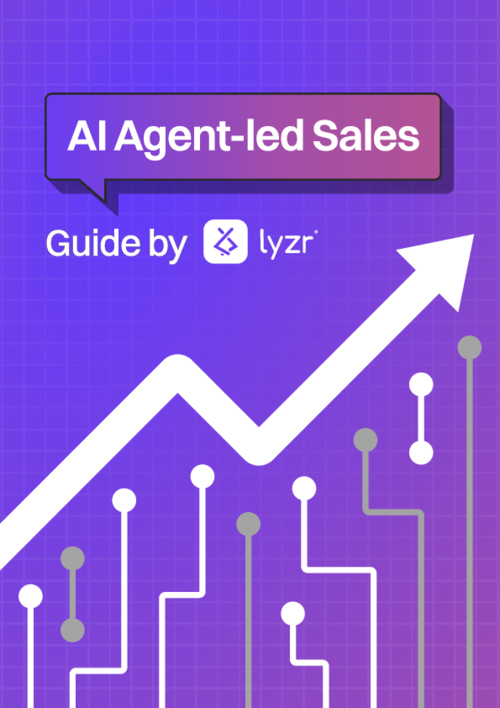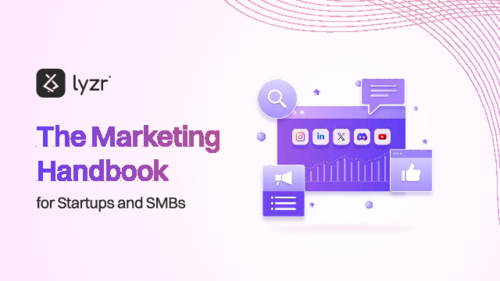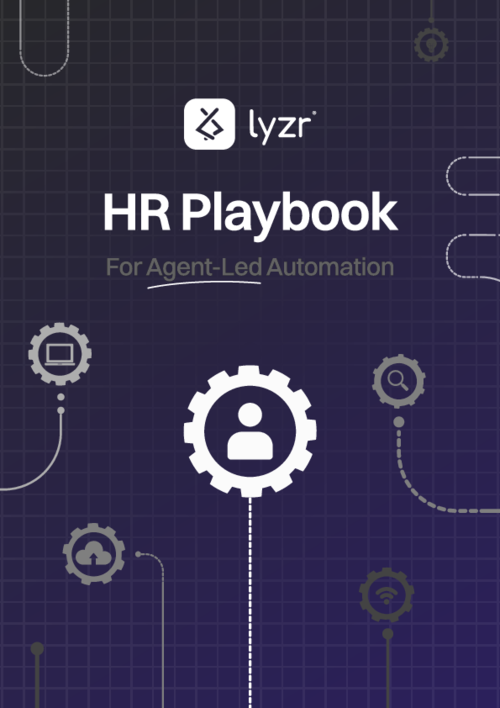Lyzr.ai is an enterprise AI agent platform designed to assist organizations in the design, deployment, and operation of autonomous and semi-autonomous agents across various business functions, including customer service, sales, human resources, finance, and IT. This platform integrates an agent framework with a low-code studio and centralized operations, facilitating the transition of AI initiatives from pilot projects to full-scale production with consistency and control. By enabling teams to create task-oriented agents for secure knowledge assistance, retrieval-augmented search, and multi-step workflow automation, Lyzr.ai empowers organizations to enhance their operational efficiency while maintaining data integrity.
The platform is particularly beneficial for enterprises looking to implement AI solutions without overhauling existing systems. Lyzr.ai's model-agnostic architecture allows organizations to utilize their preferred language models and easily switch between them as their needs evolve, all without the need for extensive re-architecting. This flexibility is complemented by the platform's ability to deploy agents in private cloud environments, single-tenant setups, or on-premises, ensuring that organizations can maintain control over their data and operations. Furthermore, Lyzr.ai emphasizes governance, observability, and auditability, which are critical for aligning AI initiatives with compliance requirements and production reliability standards.
Key features of Lyzr.ai include a robust agent framework and low-code studio that facilitate the creation of task-specific or multi-agent workflows. The platform offers centralized monitoring, access control, versioning, and traceable execution logs, which enhance operational oversight and security. Additionally, Lyzr.ai provides connectors, SDKs, and APIs that integrate seamlessly with existing tools such as CRMs, ERPs, ITSM systems, data lakes, and messaging platforms. This integration capability reduces the operational burden by allowing agents to work within current business processes rather than replacing them.
The benefits of using Lyzr.ai are significant. Organizations can achieve a faster path from prototype to production through reusable components and plug-in integrations, while strong governance features ensure compliance and audit readiness for regulated teams. The platform also mitigates operational risks through observability, evaluation workflows, and rollback/version controls. Moreover, Lyzr.ai's design allows for lower integration effort, enabling businesses to orchestrate their existing systems effectively. This flexibility ensures that organizations can evolve their models and pipelines without being locked into a specific vendor.
Typical use cases for Lyzr.ai include deploying secure knowledge assistants and retrieval-augmented search capabilities for employees and customers, customer support copilots that manage classification, drafting, and resolution workflows, as well as sales agents that assist with account research, outreach sequencing, and meeting scheduling. Additionally, the platform supports back-office automation across HR, finance, and IT service management, making it a versatile solution for cross-team, multi-step processes that require coordination among various tools and data sources.
Product Website
Seller
LyzrDiscussions
Lyzr.ai CommunityLanguages Supported
English
Product Description
Lyzr Agent Studio is a no-code/low-code platform that enables enterprises to easily build and deploy AI-powered agents.
Built on the Lyzr Agent Framework which is the first and only agent framework to natively incorporate safe and responsible AI in the core agent architecture, Lyzr allows you to build production-grade agents that are highly reliable. This will ensure the ethical and safe use of AI, crucial for enterprises in the Banking, Financial Services, and Insurance industries.
With no coding required, the platform is ideal for businesses of all sizes—whether startups or enterprises—looking to leverage the power of Generative AI without the complexity of traditional AI development. The platform offers extensive customization through its APIs, allowing flexibility to be finely tuned to meet the specific needs of any operation, from customer service to sales automation.
Overview by
Kruthik Varkal



























